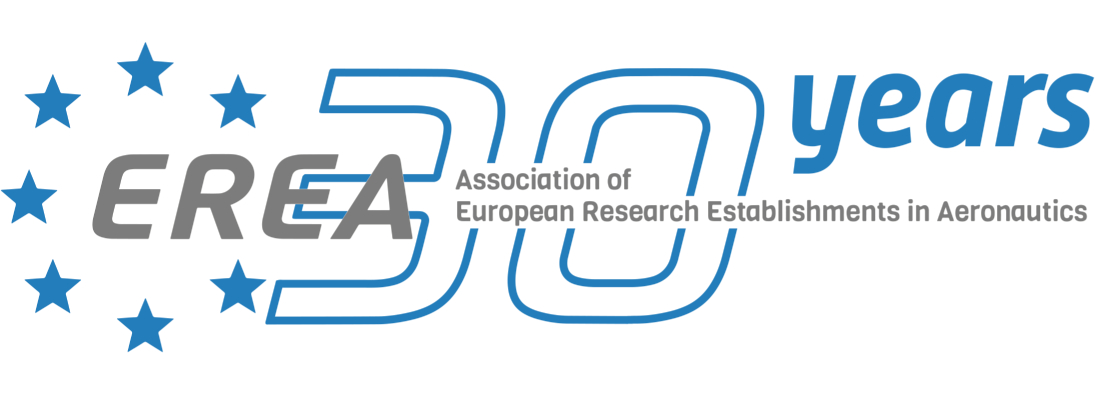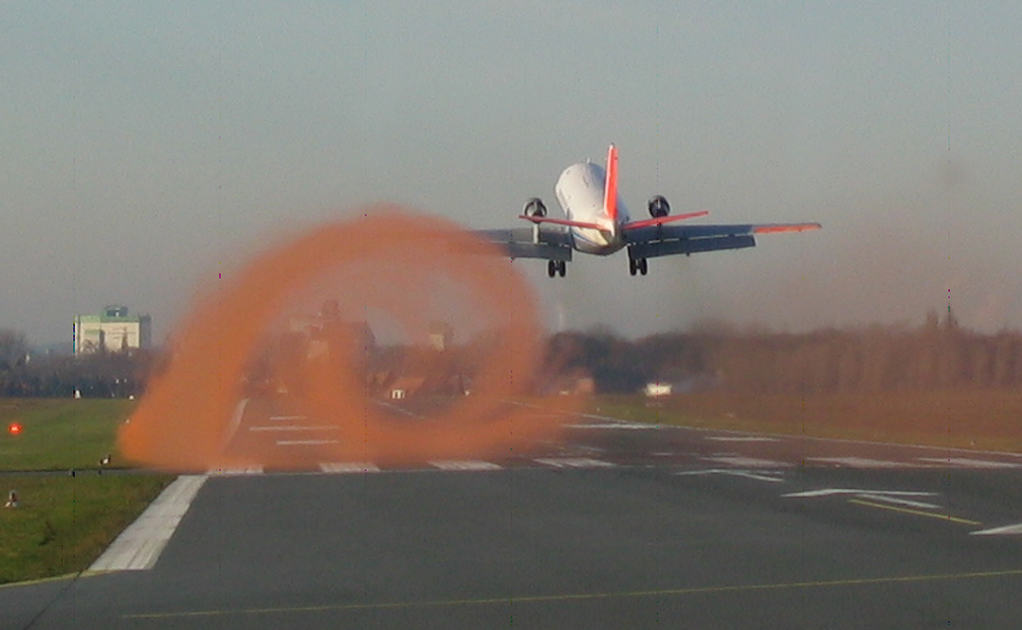Future Sky Safety, an EU-funded €15 million transport research project in the field of European aviation safety, was kicked off in January at the premises of the NLR Air Transport Safety Institute in Amsterdam. The project will bring together 32 European partners to develop new tools and new approaches to aeronautics safety over a four-year period.
The project’s research activities will focus on four main topics:
• Building ultra-resilient vehicles and improving the cabin safety
• Reducing risk of accidents
• Improving processes and technologies to achieve near-total control over the safety risks
• Improving safety performance under unexpected circumstances
The project will also help coordinate the research and innovation agendas of several countries and institutions, as well as create synergies with other EU initiatives in the field (e.g. SESAR, Clean Sky 2).
Future Sky Safety was selected for funding by the European Commission Directorate General Research and Innovation in the 2014 call for proposals ‘Mobility for Growth’.
This Joint Research Programme on Safety will focus on two main streams of activities.
Coordination of institutional safety research programmes
The national research establishments participating in the programme will coordinate the safety research executed under their national institutional research programmes. The set-up of new institutional programmes will be coordinated, national results will be shared amongst the establishments, the hiring of PhDs will be coordinated, etc.
Collaborative safety research
Gaps in safety research that remain even after the coordinated effort of the research establishments will be tackled in this second part of the programme where the research establishments will cooperate with universities, industry, SMEs and airlines.
The Research Coordination Program under activity 1 will for the first time bring the safety research of the European Research Establishment under coordination to maximize efficiency, to develop critical mass, and to ensure excellent alignment with the relevant safety agenda’s in Europe. This coordination program will among others deliver an annual Safety Research Agenda that will also be shared with the main European stakeholders. The set of safety institutionally funded research projects will be driven by the Safety Research Agenda and will complement the (nine) collaborative safety research projects under activity 2, thus providing a strong leverage effect of the European Commission funded part of the JRP.
The Joint Research Programme on Safety will be open and in coordination with EASA, IMG4, SESAR Joint Undertaking, EUROCONTROL and ongoing projects.


